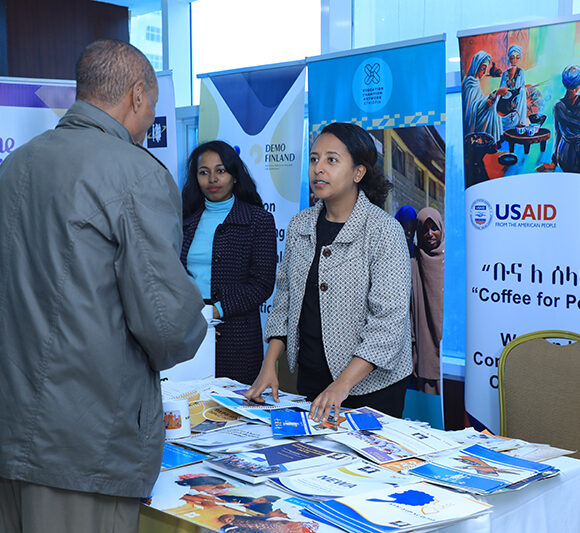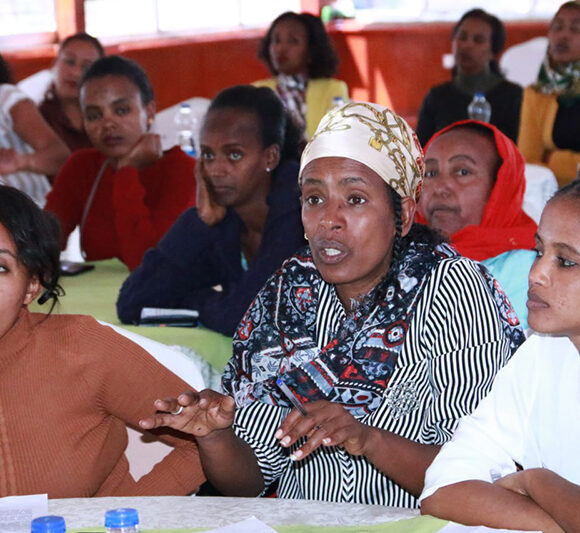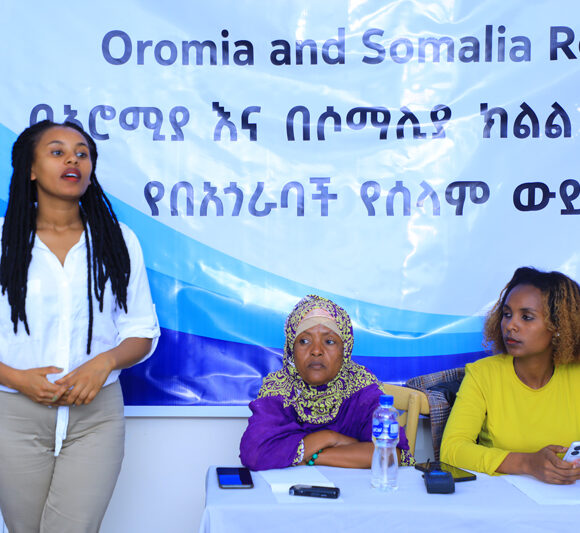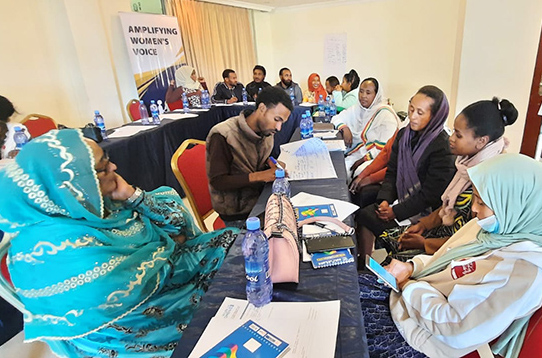Enhancing community engagement in the prevention of FGM in Afar Region
Female genital mutilation (FGM) remains a critical challenge in Ethiopia, impacting the health and well-being of women and girls across the country. In the Afar region, the practice is particularly prevalent, with 91% of women aged 15-49 years having undergone some form of FGM (EDHS 2016). This deeply rooted tradition, often perceived as a rite of passage and a means of social control, requires sensitive and sustained intervention.
Recognizing this challenge, NEWA, in partnership with GIZ, implemented the “Enhancing Community Engagement in the Prevention of FGM in the Afar Region” project. This initiative focused on two key pillars:
Empowering Women’s Rights Organizations: Five Afar-based organizations – Family Service Association, Lucy Integrated Development Associations, Assale Pastoralist Multi-Sectorial Development Organization, Rohi Weddu Pastoral Women Development Organization, and Vision with Action Women Development Organization – received vital training and resources to effectively advocate for and support women affected by FGM.
Promoting Community Awareness and Attitudinal Change: By engaging community leaders, religious figures, and even traditional circumcisers in open dialogues and awareness campaigns, the project aimed to foster understanding of the harmful consequences of FGM and encourage positive social change. This approach recognizes the crucial role communities play in upholding or transforming harmful practices.
The project’s objectives were ambitious yet crucial:
Shifting attitudes: By dismantling misconceptions and highlighting the negative impacts of FGM, the project sought to gradually shift community norms and practices.
Building capacity: Equipping local organizations with essential knowledge and resources empowered them to take ownership of the fight against FGM and actively influence their communities.
Promoting accountability: Through increased awareness and advocacy, the project aimed to hold both traditional and government authorities accountable for upholding women’s rights and protecting their health and well-being.
This project marks a significant step towards addressing the complex issue of FGM in Afar. By empowering communities, promoting positive social change, and building the capacity of local organizations, we can work together to create a future where girls and women are free from harmful practices and can fully realize their rights and potential.
GIZ
Afar region
February 2022 – December 2023






